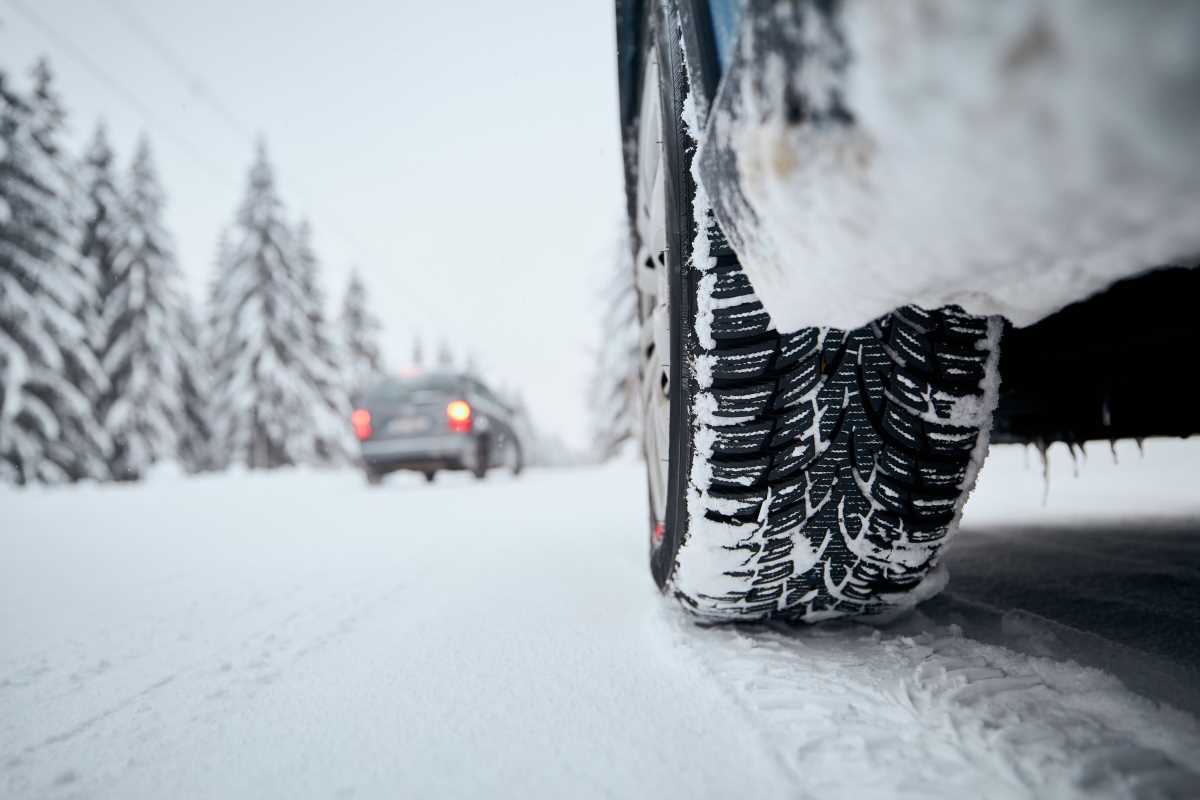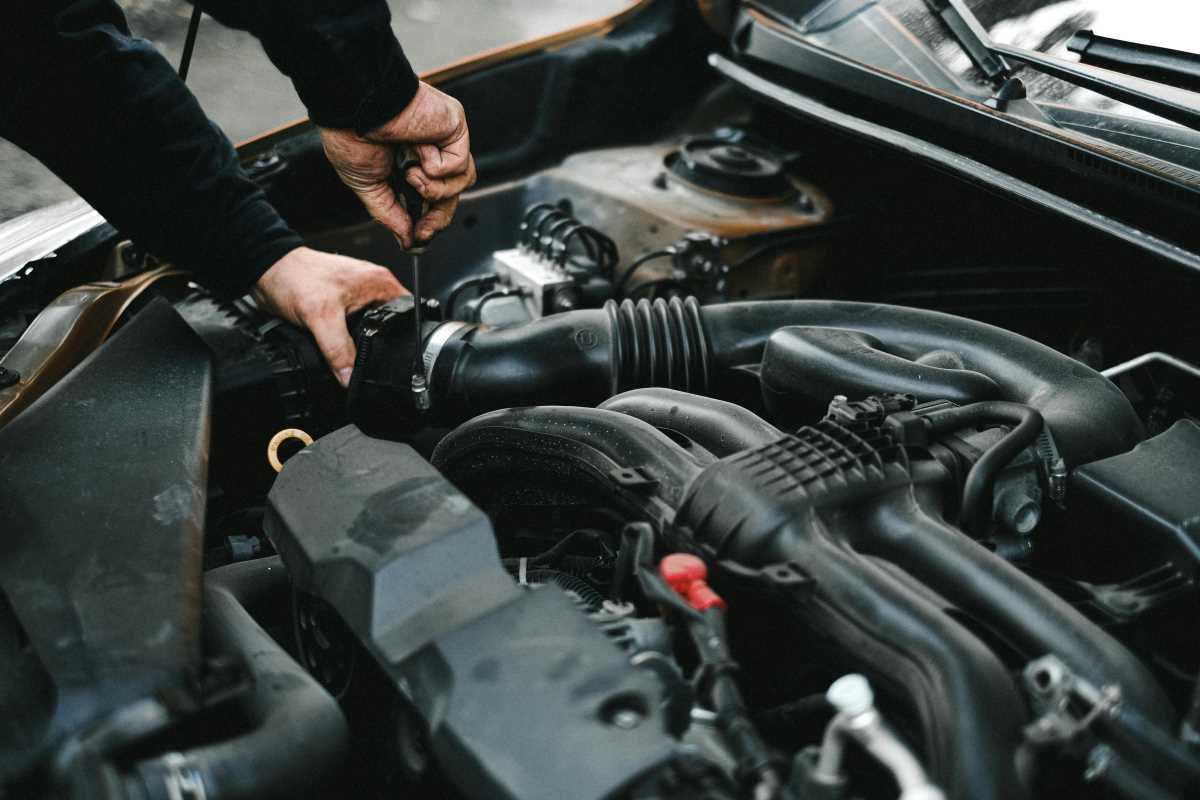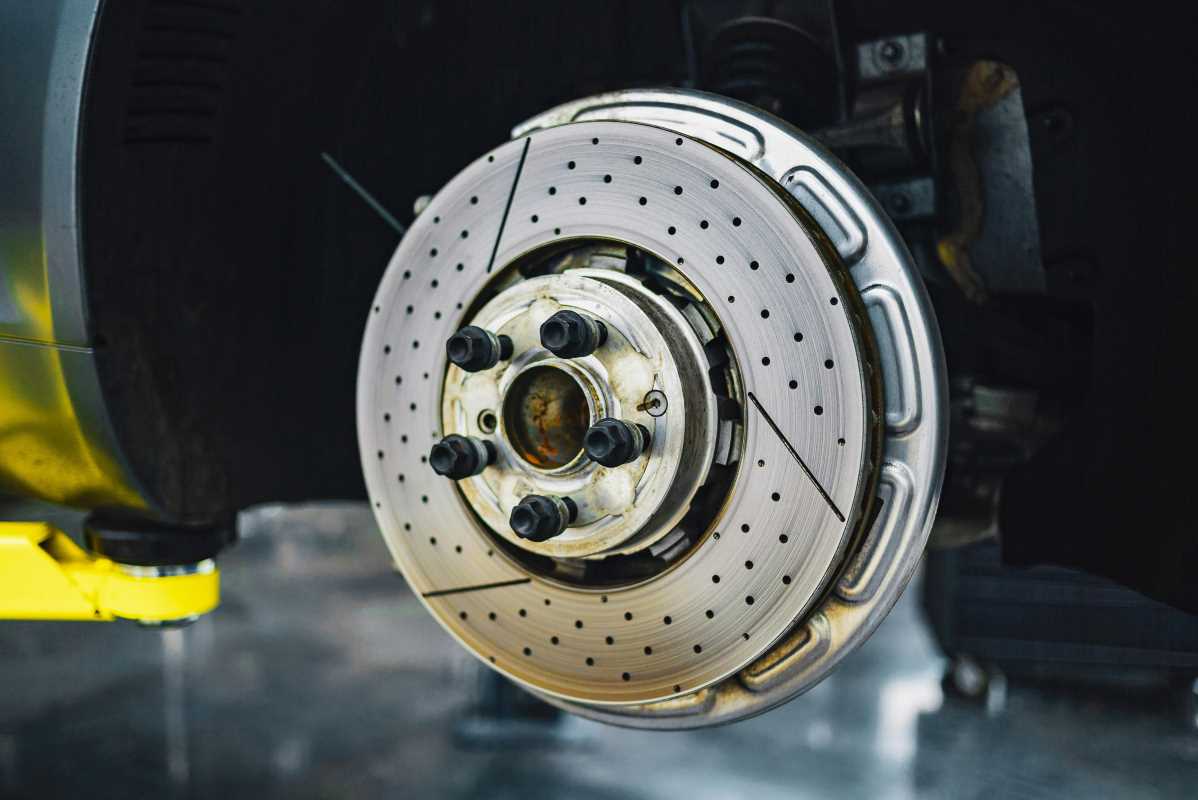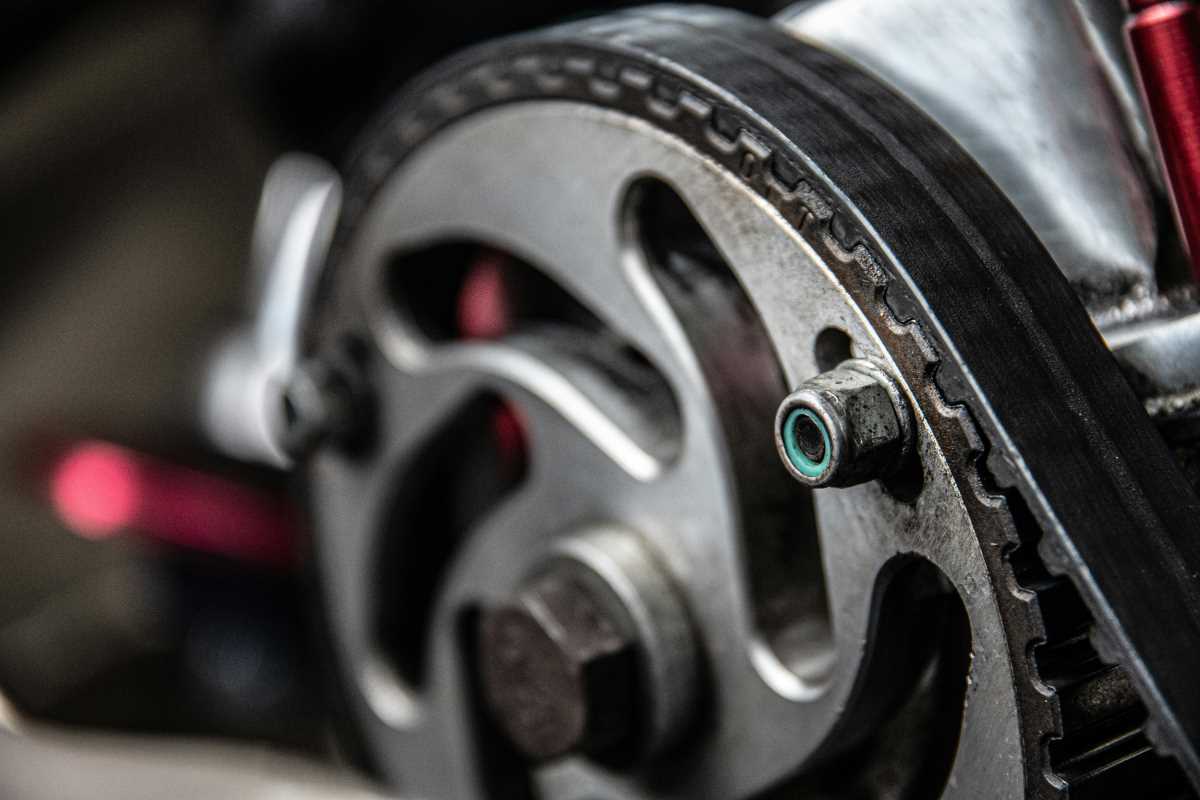Caring for your car isn’t a one-size-fits-all approach. Each season brings unique weather conditions that can affect your vehicle’s performance, safety, and longevity. To help you stay ahead, we’ve compiled this FAQ guide on seasonal car maintenance. From winter snow to summer heat, these tips will prepare you and your car for any season.
Why Is Seasonal Maintenance Important?
Seasonal adjustments ensure your car is ready to handle the challenges that different weather conditions bring. Extreme temperatures, unexpected storms, or even shifting road conditions can stress your car differently throughout the year.
- Key benefits: Improved safety, better performance, and prevention of costly repairs.
- Critical focus: Tires, fluids, batteries, wipers, and climate controls are all greatly affected by seasonal changes.
By tailoring your maintenance to the season, you’ll keep your car healthy year-round.
Spring Maintenance
What Should I Check After Winter Ends?
Winter often leaves your car vulnerable to wear and tear, especially from road salt, freezing temperatures, and icy conditions.
- Inspect tires: Check tire tread depth and look for uneven wear. Replace winter tires with all-season or summer tires if applicable.
- Clean thoroughly: Salt and grime from winter roads can lead to rust. Wash the underside, wheels, and exterior to remove residue.
- Test suspension and alignment: Winter potholes can wreak havoc. If you notice vibrations or pulling, get your alignment checked.
- Examine wipers: Winter weather can shorten the lifespan of wiper blades. If they’ve become streaky or brittle, replace them.
Helpful Tip: Use a detailing spray or wax after your spring wash to protect your car from spring showers and mud.
What Fluids Need Attention in Spring?
Fluids are essential for your vehicle’s health, and some may need topping up or replacing after the winter months.
- Coolant: Check levels and top off, especially if you see fluctuations in engine temperature.
- Oil: A post-winter oil change is a good idea, particularly if you ran the heater extensively or experienced harsh driving conditions.
- Windshield washer fluid: Spring means more rain (and bugs). Refill with a fresh batch of fluid designed for higher temperatures.
Addressing fluid levels now will ensure your car is ready for the warmer months.
Summer Maintenance
What Are Common Summer Climate Challenges for Cars?
Summer heat can push your car to its limits. High temperatures often strain the engine, tires, and cooling system.
- Key risks: Overheating engines, tire blowouts, and reduced battery efficiency in heat waves.
How Can I Prevent My Car from Overheating?
An efficient cooling system is your best defense against summer’s heat.
- Inspect the radiator and hoses: Check for cracks, leaks, or loose connections.
- Check coolant levels: Ensure the coolant is within recommended levels and has the proper mix (usually 50/50 water and antifreeze).
- Test the thermostat: If your car has been running hotter than usual, this could be the problem.
Pro Tip: Keep an extra bottle of coolant in your trunk for emergencies.
Why Are Summer Tires Important?
Proper tires improve both safety and performance during hot weather.
- Switch to summer tires: These are designed for better grip in warm conditions.
- Monitor tire pressure: Heat increases tire pressure. Check and adjust your tires regularly to avoid overinflation.
- Inspect for damage: Hot asphalt can cause premature wear. Look out for bulges or cracks in the rubber.
Should I Get My Air Conditioning Serviced?
Yes! Summer drives are much more enjoyable when your AC is functioning well.
- Run a test: If it takes too long to cool your car or the air feels weak, you may need a recharge.
- Inspect for leaks: Freon leaks are common and should be addressed before summer starts.
- Clean the vents: Remove dust and allergens to improve airflow and cabin air quality.
Don’t wait for a heatwave to realize your AC needs work!
Fall Maintenance
How Does Fall Weather Affect Your Vehicle?
Fall introduces cooler temperatures and more debris like leaves, which can find their way into critical parts of your car.
- Key challenges: Slippery leaf-covered roads, clogged air filters, and early frost affecting visibility or performance.
What Should I Do to Prepare for Fall?
A little prep can go a long way in transitioning from summer heat to cooler fall weather.
- Replace windshield wipers: The first frosty mornings can strain old blades. Opt for new ones designed to tackle rain and light snow.
- Check your heater & defroster: Make sure both systems are working so you’re ready for misty windows and cold mornings.
- Inspect headlights: Shorter days often mean driving in the dark. Replace dim or burnt-out bulbs to ensure you’re visible.
- Clean air intakes: Fall leaves often clog air intakes found near the base of your windshield. Keep this area clean to prevent HVAC issues.
Should I Check Battery Health in the Fall?
Absolutely. Cold weather is hard on batteries, so ensuring it’s in top shape before winter can prevent starting problems.
- Test voltage: A healthy car battery should be around 12.6 volts.
- Clean terminals: Remove corrosion with a mixture of baking soda and water.
- Monitor battery age: If your battery is 3+ years old, consider replacing it before winter strikes.
Be proactive to avoid those frosty-morning no-start surprises!
Winter Maintenance
Why Is Winter the Toughest Season for Cars?
Snow, ice, and freezing temperatures make winter the most demanding season, requiring extra vigilance in car care.
- Key challenges: Slippery roads, dead batteries, and frozen components like door locks and wipers.
How Can I Prepare My Car for Winter Roads?
Winter tires and visibility tools are crucial for your safety.
- Install winter tires: These have deeper treads for better traction on snow and ice.
- Check tire pressure frequently: Cold weather causes air pressure to drop, so top up tires as needed.
- Stock up on emergency supplies: Include a blanket, flashlight, jumper cables, ice scraper, and snacks in your car.
Reminder: Keep a full gas tank to avoid the lines at gas stations during snowstorms and prevent moisture buildup in your fuel lines.
How Should I Care for Fluids and Cooling Systems in Winter?
Fluids are particularly prone to freezing, so make sure they’re winter-ready.
- Coolant: Ensure it’s a proper mix for freezing temperatures. Too much water can freeze in extreme cold.
- Windshield washer fluid: Use a winter-grade fluid that won’t freeze on contact with your windshield.
- Oil changes: If your region experiences extreme cold, consider switching to a winter-grade oil that flows better in low temperatures.
Keeping fluids optimized helps your car perform even in freezing conditions.
How Can I Keep the Battery Functional in Freezing Temperatures?
Car batteries often fail in the winter due to the increased workload of starting in the cold.
- Test in advance: If your battery is weakening, replace it before winter begins.
- Park indoors: If possible, keep your vehicle in a garage to avoid freezing conditions.
- Limit accessory use: Using fewer electronics while the engine starts will reduce strain on the battery.
Starting your car every few days—even on very cold mornings—can prevent a drained battery when you need it most.
By aligning your maintenance routine with the seasons, you’ll keep your car ready for whatever Mother Nature throws your way.







